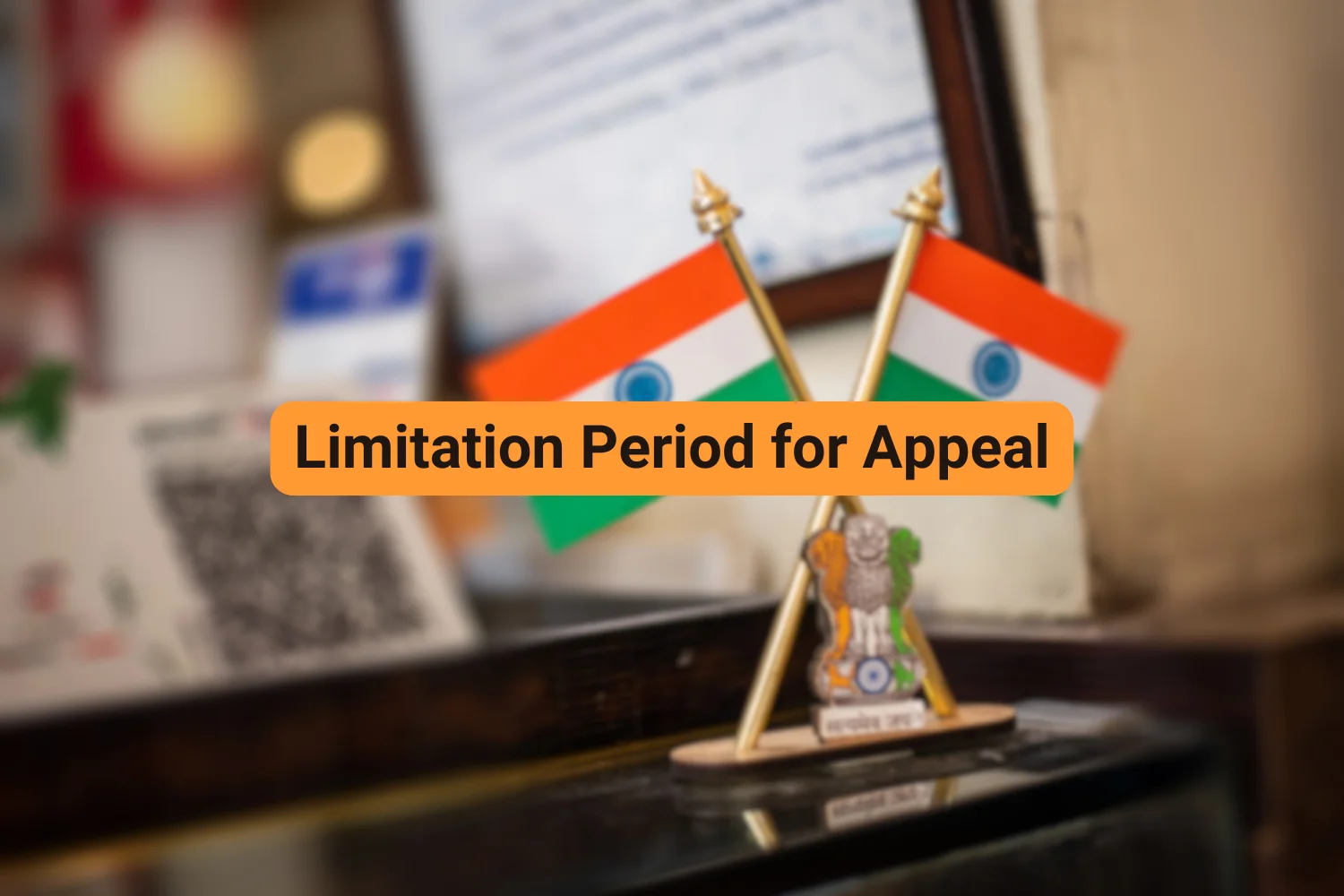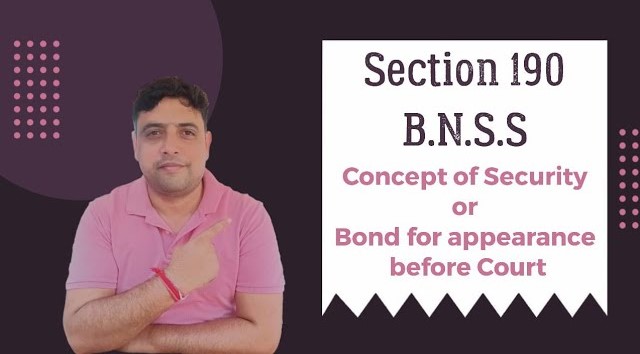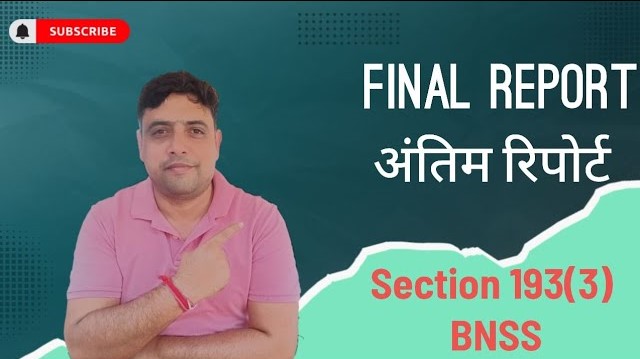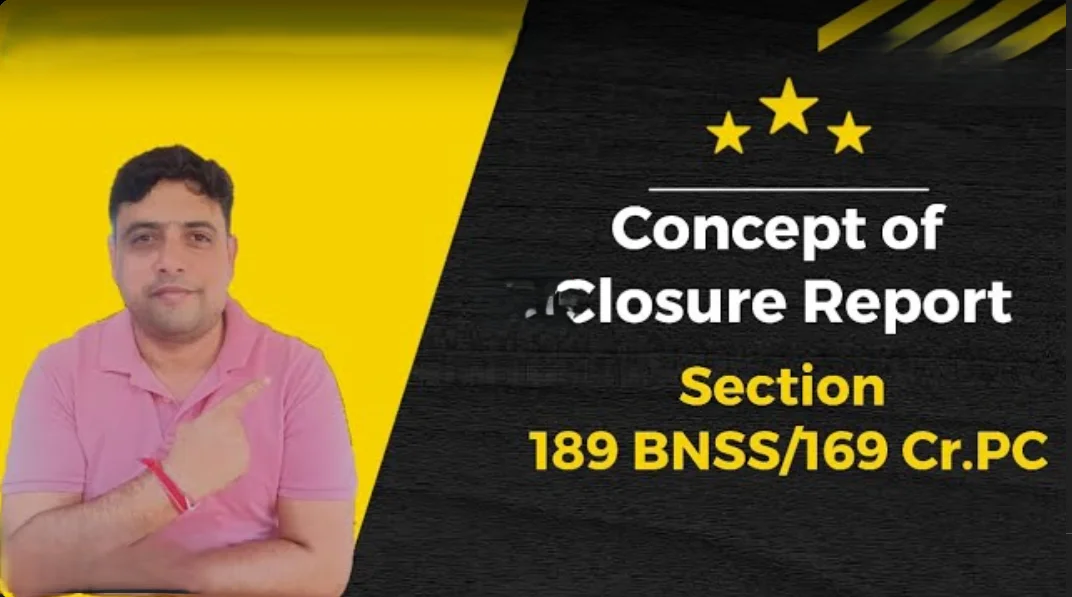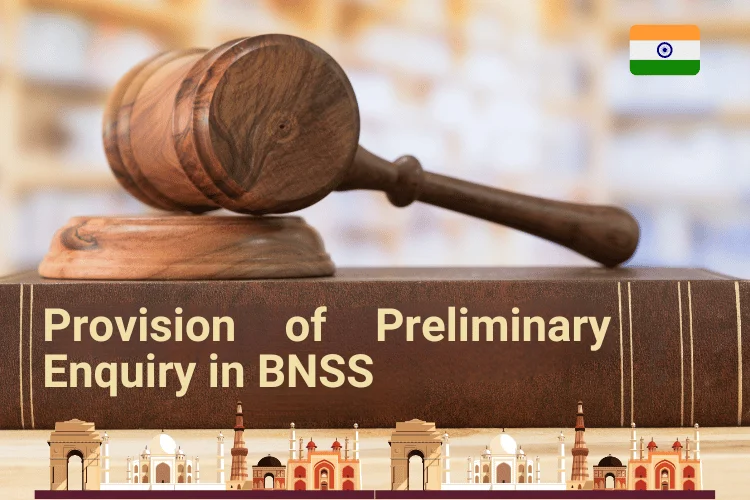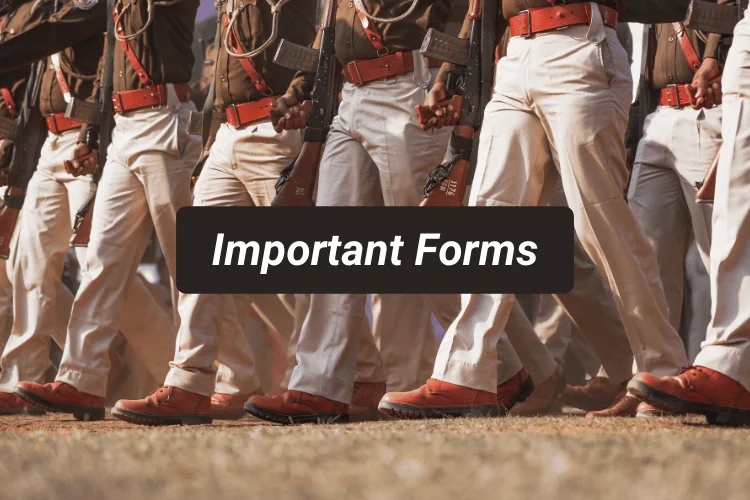Revision under CRPC: A Guide to Challenging Criminal Judgments [SECTION 395-396]
INTRODUCTION
The revision procedure in the Code of Criminal Procedure (CrPC) is a review mechanism designed to ensure fairness and justice in cases where no appeal is provided by law or where the appeal remedy has failed to deliver a just outcome. This procedure empowers the Sessions Court and High Court with broad discretionary powers to review decisions of criminal courts, enabling them to correct errors, ensure legality, and maintain propriety.
While granting extensive revision powers to ensure the correctness of criminal court decisions, the CrPC has also taken steps to prevent this review process from becoming overly complicated, costly, or time-consuming, striking a balance between justice and efficiency in the judicial process.
There are some important case laws regarding revision:
Om Pratap Singh v State (1995)
The revisional powers are supervisory in nature, meaning the court reviews to ensure justice is done according to established criminal jurisprudence rules.
The court ensures subordinate courts don't exceed their jurisdiction or abuse their powers.
There are no unfettered powers for re-appraisal of evidence.
Niranjan Kumar v Randhir Roy (1990)
In this case it was held that when an acquittal, if the State doesn't file an appeal. The informant (the person who filed the complaint) can apply for a revision, as they have no right of appeal against the acquittal order.
SOURCES OF REVISONAL POWER :The revisional jurisdiction of the High Court is derived from three sources:
- Sections 397-401 of the Code of Criminal Procedure (CrPC)
- Article 227 of the Constitution of India
- The power to issue the writ of certiorari
Article 227 of the Constitution grants the High Court supervisory jurisdiction over inferior courts, allowing it to:
- Exercise superintendence over subordinate courts
- Correct errors of law apparent on the face of the record
This supervisory jurisdiction enables the High Court to ensure that justice is done and that subordinate courts do not exceed their jurisdiction or abuse their powers.
PROVISIONS IN CRIMINAL PROCEDURE CODE
CALLING FOR RECORDS TO EXERCISE POWER OF REVISION [SECTION 397]
The High Court or Sessions Court can call for records from inferior courts within their jurisdiction to review and ensure:
-
- Correctness, legality, and propriety of decisions, orders, or sentences
- Regularity of proceedings
Powers of Revisional Court
- Suspend execution of sentences or orders
- Release accused on bail (if in custody) until review is complete
Revision under Section 397
- Revisional authority has the power to take up a case suo motu (on its own initiative)
- Discretionary power, dependent on case circumstances
Explanation
All Magistrates (Executive or Judicial) are inferior to the Sessions Judge for this purpose
Limitations [397(2)]:The powers of revision under Section 397(1) do not apply to interlocutory orders passed during:
- Appeals
- Inquiries
- Trials
- Other proceedings
Interlocutory orders are temporary and do not affect the parties' significant rights or liabilities. They are intermediate orders made during the initial stages of a case. Allowing revisions against such orders could delay the case for an extended period. The purpose of this restriction is to:
-
- Expedite the final disposal of cases
- Protect the interests of the accused
In essence, the law aims to prevent unnecessary delays and ensure a speedy trial by limiting revisions on interim orders
- Sec. 397(3) lays down that if an application for revision has been made by any person either to the High Court or to the Sessions Judge, no further application by the same person shall be entertained by either of them. Thus, if a revision against an order of Magistrate has been dismissed by the Sessions Court, the second revision in the High Court by the same person is barred by law. The High Court and the Sessions Court have concurrent jurisdiction in respect of revision. A person could approach either of them first.
Relationship with Inherent Powers (Section 482)
- Power of revision under Section 397 is without prejudice to the power of the High Court under Section 482
- Inherent powers cannot be invoked to entertain a second revision, except in extraordinary cases
- An order passed in revision cannot be quashed under Section 482 Cr.PC
Case Laws
Laxmi Bai Patel vs Shayama Kumar Patil (2022)
The Sessions Court dismissed a revision petition filed by the aggrieved party under Section 397(3) Cr.PC
- A second revision petition by the same party is barred.
- However, the High Court can exercise its inherent powers under Section 482 Cr.PC in rare and exceptional circumstances, where:
- Allowing the impugned order to stand would amount to an abuse of process.
- Failure of justice would result.
The objective of revision is to ensure:
- Correctness
- Legality
- Propriety of the order or proceedings.
Chanderbhan Singh v. CBI 2019
In this case, the magistrate accepted the closure report filed by CBI and thereafter a revision was filed directly before the High Court. The High Court was of the opinion that such revision was to be filed before the Session Court first and it is inappropriate to file it before the High Court directly and dismissed the revision petition.
Aggrieved of this order an appeal was filed before the Supreme Court and the case was remanded to the High Court for decision on merit. The Supreme Court correctly interpreted the section and held that both the High Court and Session Court has concurrent power to entertain revision
POWERS OF REVISIONAL COURT TO ORDER ENQUIRY [SECTION 397], The High Court or Sessions Judge can direct:
- Further inquiry into a complaint dismissed under Section 203 or 204(2)
- Further inquiry into a case where a person has been discharged, but only after giving that person a chance to show cause why such direction should not be made
Important Notes
- A person discharged is entitled to notice and an opportunity to be heard before further inquiry is directed (proviso to Section 398 Cr.PC)
- Power under Section 398 Cr.PC is a revisional power that can only be exercised by the High Court or Sessions Judge
- A person discharged under Section 258 Cr.PC cannot be tried again for the same offense without the consent of the original court or a superior court (Section 300(5) Cr.PC).
SESSIONS JUDGE'S POWER OF REVISION [SECTION. 399]
Section 399 deals with cases where the Sessions Judge has called for records on their own initiative (suo motu), not through a revision petition.
- Powers are the same as those of the High Court under Sec. 401.
- Decision of the Sessions Judge in revision is final and prohibits further revision proceedings in the High Court or any other court (Sec. 399(3)).
POWER OF Additional Sessions Judge [SECTION 400]
- An Additional Sessions Judge has the same powers as a Sessions Judge in respect of transferred cases.
- Transfer of cases may be done through general or special orders of the Sessions Judge.
HIGH COURT POWER OF REVISION [SECTION 401]:The High Court has the power to:
- Call for records from subordinate courts on its own initiative (suo motu) or based on information
- High Court can Exercise powers of a Court of Appeal under Sections 386, 389, 390, 391, and 307.
- When the bench is equally divided in opinion the case shall be disposed of in the manner provided under Section 392 of this code. Which says (section 392): When a High Court bench is divided, a third Judge:
- Forms an independent judgment
- Considers both views
- Examines all evidence
- Gives a final judgment
- The third Judge's opinion is binding (Section 392) and they can take a third view if needed.
However there are some exception appended to section 401, which are:-
- Acquittal cannot be converted into conviction: The High Court cannot change a finding of acquittal to conviction (Sec. 401(3)).
- Party having right of appeal cannot apply for revision: If a party could have appealed but didn't, the High Court won't entertain their revision application (Sec. 401(4)). However, erroneous applications under this section on the faith that no appeal shall lie , may be treated as appeals.
- No revision in High Court when revision in Sessions Court: If a revision is already pending in the Sessions Court, the High Court won't entertain another revision (Sec. 399(3)).
- No revision in relation to an interlocutory order: The High Court can't revise interlocutory orders (Sec. 397(2)).
- Opportunity to be heard: The revisional court must give the accused or other parties a chance to be heard before passing any order that might harm them (Sec. 401(2)).
- No second revision in High Court: The High Court can't review its own judgment in a criminal revision case.
These limitations ensure that the revisional jurisdiction of the High Court is exercised judiciously and with due regard to the rights of parties and the hierarchy of courts.
Section 401 preserves the High Court's power to call for records without external intervention, allowing for extraordinary cases to be addressed.
Case Laws
New Year Assurance Co. Ltd. vs Krishna Kumar Pandey 2019: Supreme Court in this case observed following points:
- The High Court's powers under Sections 397 and 401 are limited to supervising and controlling inferior courts, not employers of accused persons.
- These powers cannot be used to declare that a conviction has no civil consequences, such as disciplinary action by an employer.
- In cases where an employee is convicted under Section 498A, the employer is not obligated to initiate disciplinary proceedings.
- The employer may choose to consider factors like the employee's long service and the fact that the conviction was unrelated to their official duties.
- If the employer decides to take disciplinary action, the employee has various legal remedies available to challenge such action.
This judgment clarifies the limits of the High Court's powers and the employer's discretion in handling cases where an employee is convicted of a criminal offense.
POWER OF HIGH COURT TO WITHDRAW OR TRANSFER REVISION CASES [SECTION 402]:
The High Court has the power to withdraw or transfer revision cases under Section 402, to avoid conflicts of jurisdiction and ensure efficient case management:
- If multiple accused are tried jointly, some may file revisions before the High Court and others before the Sessions Judge.
- To avoid conflicting decisions, the High Court can decide whether to:
- Hear all revisions itself, or
- Transfer all revisions to the Sessions Judge.
- The High Court considers factors like party convenience and case importance when making this decision.
- If the High Court transfers a revision application to the Sessions Judge and it's disposed of, no further revision can be filed in the High Court or any other court.
This power helps streamline the revision process, preventing conflicting decisions and ensuring a more efficient and effective justice system.
OPTION OF COURT TO HEAR PARTIES [SECTION 403]:No party has the right to be heard personally in revision proceedings. However , the court may, in its discretion, hear any party either personally or through their pleader.
METROPOLITAN MAGISTRATE’s GROUND OF DECISION TO BE CONSIDERED BY HIGHER COURT [SECTION 404]:When the High Court or Session Court calls for the record of a trial held by a Metropolitan Magistrate, the Magistrate may submit a statement:
- Setting forth the grounds of their decision or order.
- Including any material facts relevant to the issue.
The High Court or Session Court shall consider this statement before overruling or setting aside the decision or order.
HIGH COURT’s ORDER TO BE CERTIFIED TO LOWER COURT [SECTION 405]:
- When a case is revised by the High Court or Session Judge, they shall certify their decision as per section 388 or order to the concerned lower court for its implementation.
- The lower court shall make orders conformable to the certified decision and, if necessary, amend the record accordingly.
These sections outline the procedures and powers of the courts in revision proceedings, ensuring that decisions are made after considering all relevant factors and that orders are implemented accordingly.
CONLCUSION
In conclusion, revision is a vital aspect of the criminal justice system in India, provided under the Code of Criminal Procedure (CRPC). The provisions for revision enable the higher courts to correct errors and irregularities in the orders and proceedings of the subordinate courts, ensuring that justice is delivered fairly and efficiently. The objective of revision is to ensure the correctness, legality, and propriety of the order or proceedings, and to prevent miscarriage of justice. The High Court's inherent powers under Section 482 CRPC provide an additional safeguard against abuse of process and failure of justice. Through revision, the CRPC ensures that the criminal justice system remains functional, fair, and just.







